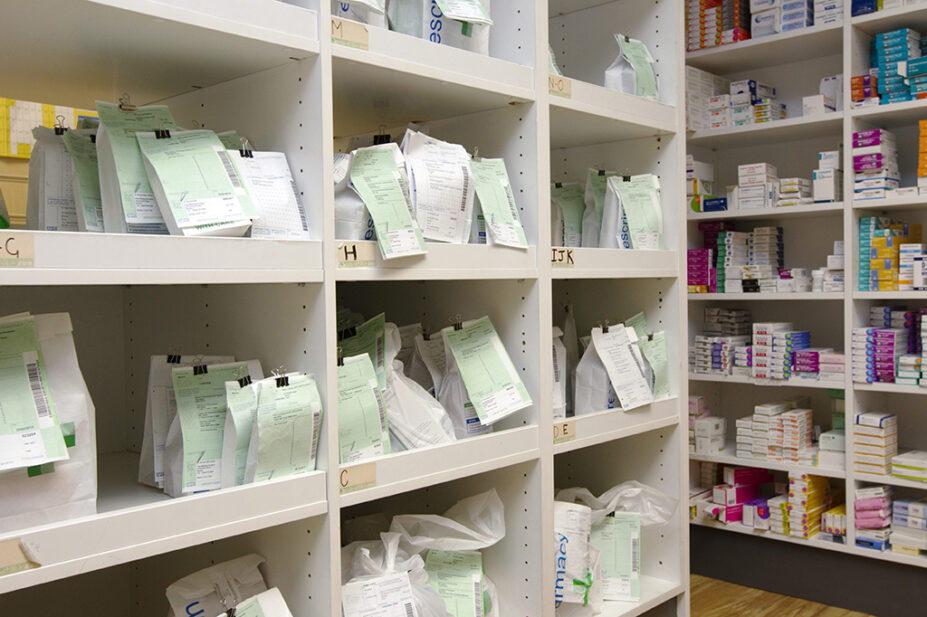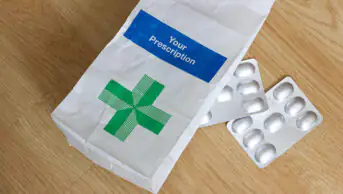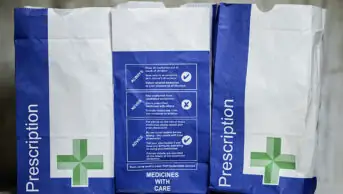
MARK THOMAS/SCIENCE PHOTO LIBRARY
Prescription charges in England will rise by 30p to £9.65 on 1 April 2023, the Department of Health and Social Care (DHSC) has announced.
In a statement published on 9 March 2023, the DHSC said it had “applied an inflation rate of 3.21%” to the prescription charge, which had previously been set at £9.35.
Although the prescription charge was frozen in 2022, this is the largest increase in the charge since 2012, when it increased by 3.38% from £7.40 to £7.65.
The last time the charge rose by more than 30p was in 1995, when it increased from £4.75 to £5.25 — a 10.5% increase.
The cost of prescription pre-payment certificates (PPCs) will also increase from April 2023, with 3-month PPCs increasing by £1 to £31.25 and 12-month PPCs increasing by £3.50 to £111.60.
However, the PPC for hormone replacement therapy (HRT), announced in January 2023, will cost the same as two single prescription charges, at £19.30 per year.
The rise in prescription costs comes after a survey by the Royal Pharmaceutical Society (RPS) revealed in February 2023 that patients were increasingly asking pharmacists if they could “do without” some of their prescription medicines because they were struggling to afford them.
Thorrun Govind, chair of the RPS English Pharmacy Board, said in a statement: “This is a kick in the teeth for people in England, who are already struggling with rising bills and food prices.”
“Patients groups have warned that people are not collecting prescription medicines due to cost and pharmacists are seeing this worrying trend first-hand.”
“A government impact assessment noted the risk of adverse effects of people not taking their medicines, resulting in future health problems for the individual, potential hospital admissions and a subsequent cost to the NHS,” she said.
“This decision seems to prioritise revenue generation over ill-health prevention and undermines the principle of an NHS free at the point of use. This outdated and complex system in England needs to be abolished.”
Janet Morrison, chief executive of the Pharmaceutical Services Negotiating Committee, said: “The rise in prescription charge will once again hit the most vulnerable patients the hardest and it will continue to put community pharmacy teams in an impossible position — it is not our job to police a tax that many people cannot afford, and we should not have to help patients to make unbearable decisions about which medicines to pay for.
“While government and the NHS have deemed it acceptable to put inflationary increases on their charges to patients, they refuse to offer community pharmacies any help at all with inflationary pressures: why is it one rule for us and another for them?”
Currently, prescriptions are free for everyone in England aged 60 years and over. However, in July 2021, the government opened a consultation on whether to raise the age at which prescriptions are free, to align with the state pension age of 66 years. The consultation outcome has not yet been published.
In Wales and Scotland, prescriptions are free for all patients at the point of collection.


